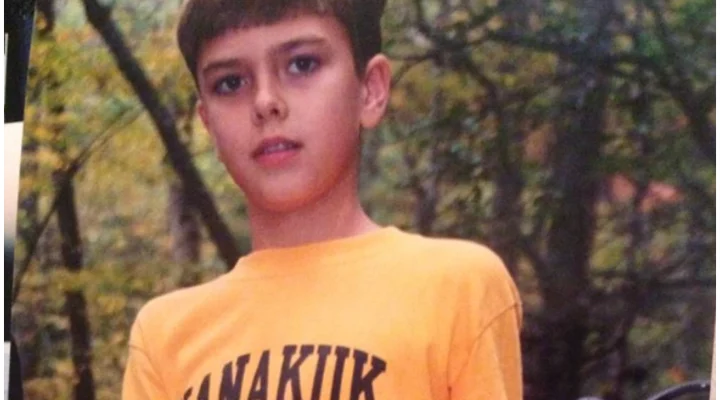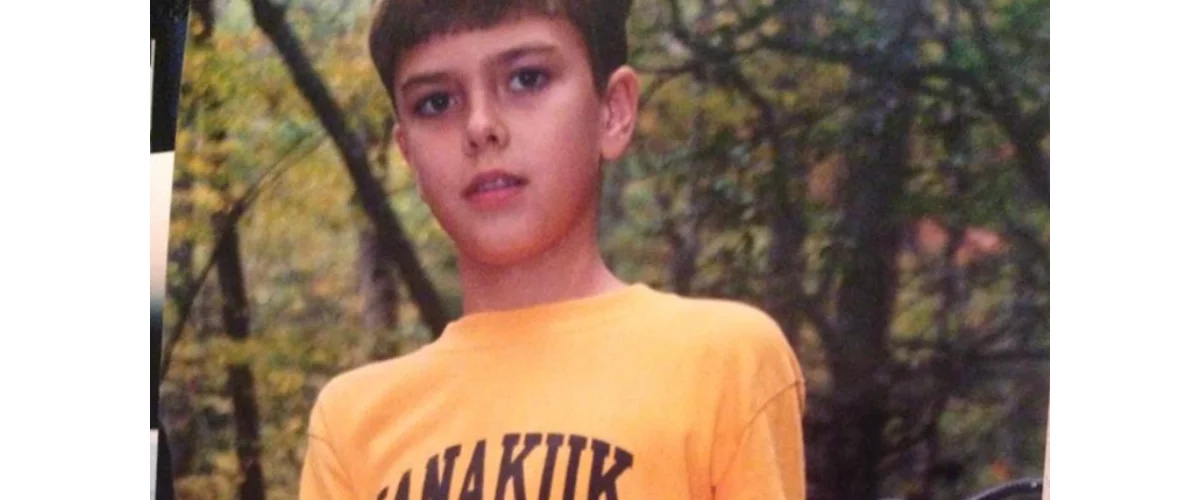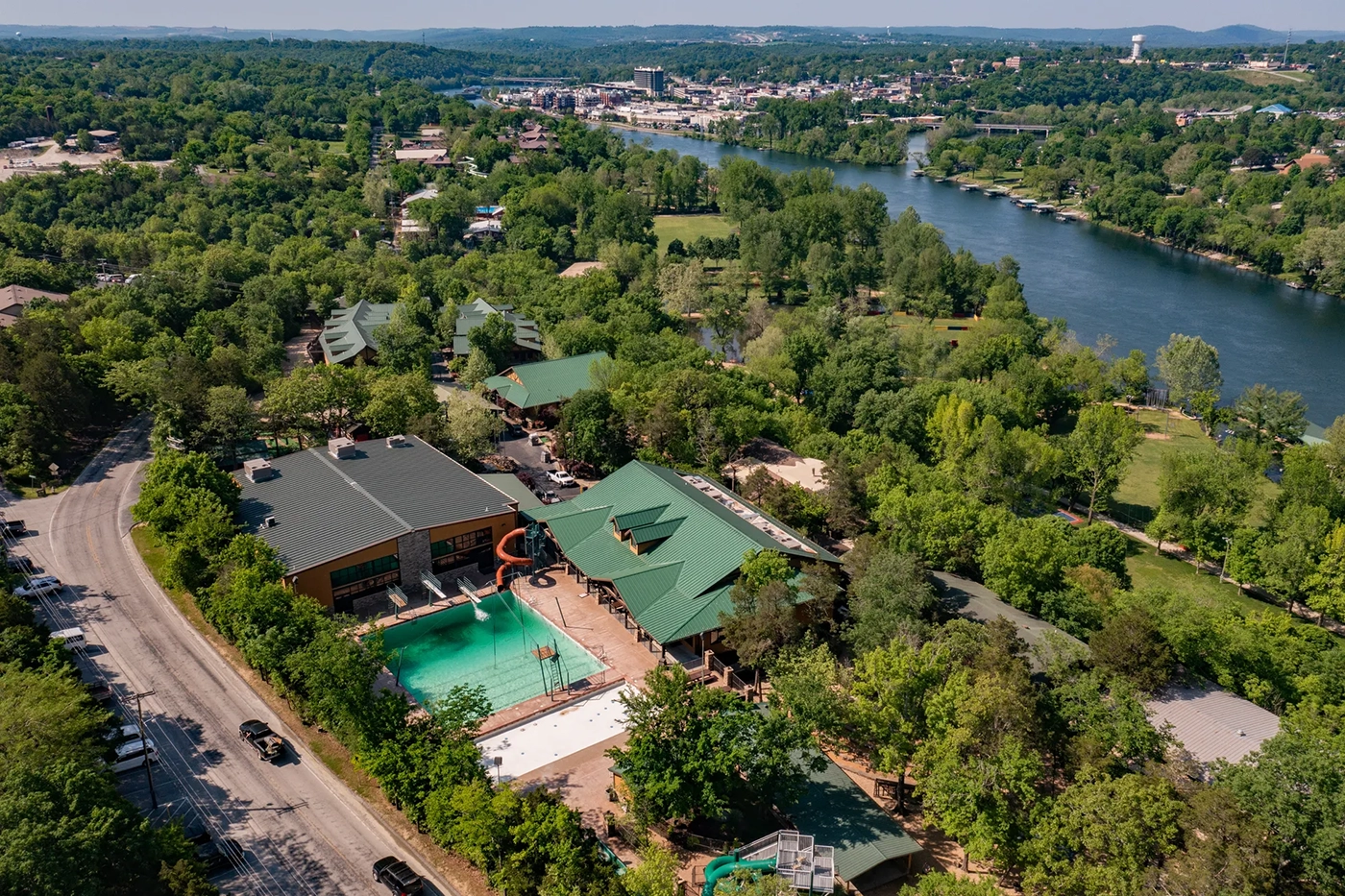Sometimes ministers and church volunteers make mistakes. Usually, these can be corrected, and the adults who made them can learn how to be better and continue their ministry. As many evangelicals proudly assert, forgiveness and reconciliation are important in the walk with Christ.
But when children are in danger, where do we draw the line with mistakes?
At Kanakuk Kamps, a popular evangelical Christian summer camp outside Branson, Mo., the line has been blurry for decades. For years, Kanakuk leadership allegedly has been aware of abuse at the hands of camp counselors and staff. Reports from victims and their parents appear to have been ignored, and many allegedly were silenced by Non-Disclosure Agreements. Pedophiles have been protected for a “lifetime of ministry” among innocent children who became subject to repeated and preventable abuse.
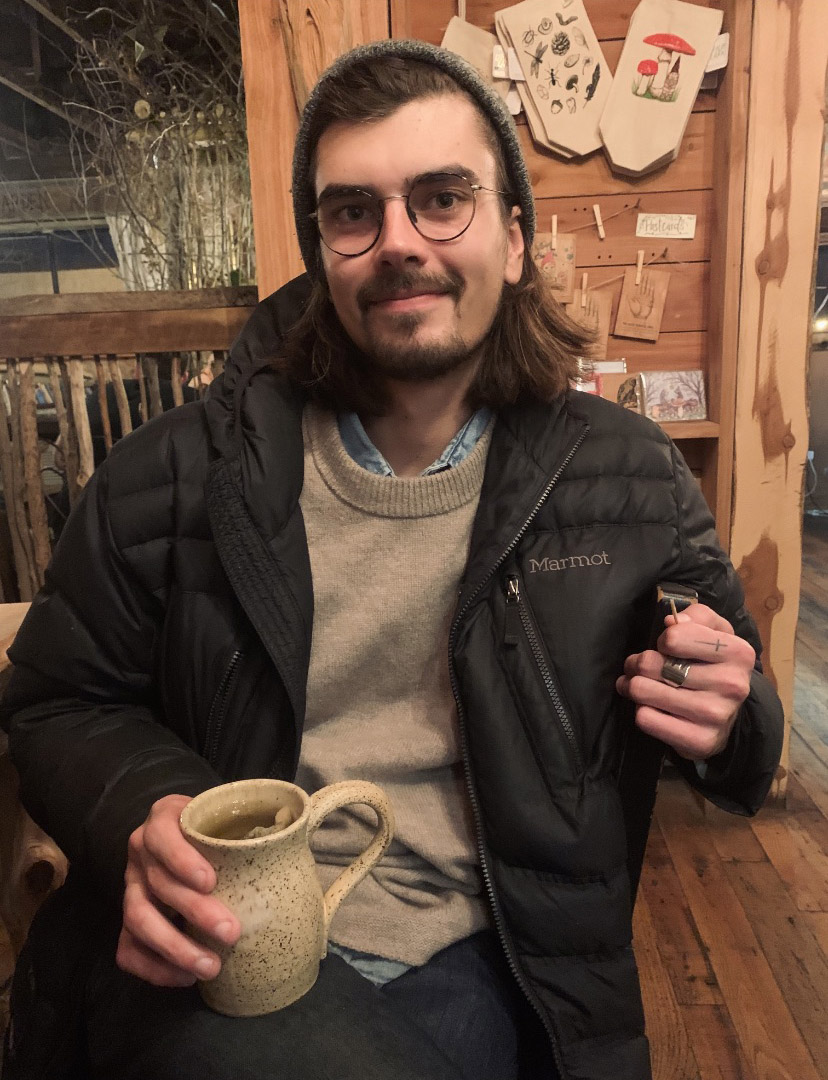
Logan Yandell today
Part of a long list of survivors, Logan Yandell recently rejoined the fight against sexual abuse at Kanakuk Kamps by filing a petition for fraud.
Between 2003 and 2008, Yandell was abused by camp counselor and director Peter “Pete” Newman multiple times, in multiple states as well as in China during a mission trip. Before and during these years, concerned parents approached Kanakuk leadership to report Newman’s sexually inappropriate and abusive behavior, but the camp dismissed them, according to Yandell’s affidavit.
Newman did not confess to the crime of sexually abusing children until 2009. He was fired shortly thereafter, and in 2010 was given two life sentences plus 30 years in Missouri State Prison on multiple counts of statutory sodomy and child enticement involving child abuse on Kanakuk property.
Yandell now believes as a means of inducing a settlement quickly, Kanakuk leadership assured his family they were unaware of incidents in which Newman had previously sexually abused children and that there had been only isolated incidents. Believing this, the Yandell family agreed to settle all claims, and signed an NDA, prohibiting Yandell from telling his story of abuse at Kanakuk.
The fraud referenced in Yandell’s new petition refers to the company’s allegedly incorrect claim that camp leadership was unaware Newman was sexually abusing children prior to the abuse Yandell experienced between 2003 and 2008. Now, more than a decade’s worth of incident reports and miscellaneous interactions between Newman and camp leadership, including supervisor Will Cunningham’s recommendation that he be terminated in 2003, indicate Kanakuk knew about his inappropriate behavior.
Thus, Kanakuk Kamps defrauded Logan Yandell and his family by refusing to take action against Pete Newman’s sexual abuse despite clear knowledge of it, the new suit claims. And to make matters worse, camp leadership lied to victims and their families about it to settle lawsuits, having most victims sign NDAs.
“There are 57 known cases of sexual abuse committed by Newman, but victims continue to come forward.”
The company’s lack of action allowed for violence against children to continue under the power of Newman, as he had access to many children during his 14 years in leadership at Kanakuk between 1995 and 2009. There are 57 known cases of sexual abuse committed by Newman, but victims continue to come forward, and prosecutors believe there may be hundreds.
What exactly happened at Kanakuk?
Although there have been multiple alleged and known abusers at Kanakuk Kamps dating all the way back to the 1950s, the most publicly known and detailed account of abuse is that committed by Pete Newman.
Newman was a camp counselor and director of father-son retreats at Kanakuk Kamps. According to legal records, by 1999 or 2000, “Kanakuk knew or should have known” that Newman was engaging in illegal and sexually explicit behavior with children for his own gratification after parental reports were made.
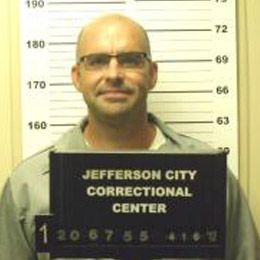
Pete Newman
Yet, he often was praised by camp leadership for his outstanding abilities to create close relationships with and minister to children. Kanakuk CEO Joe White, according to one victim’s father who spoke with the Dispatch, told him the abuse his son experienced at camp was “no big deal” and urged the family to practice forgiveness as an important virtue.
In fact, during his deposition, White seemed to shrug off the violence. Although acknowledging these instances were wrong, he always included praises for Newman in his answers and repeatedly stated that for years camp leadership was unaware any abuse was going on.
When asked why he did not fire Newman after learning of an incident in which he went “nude four-wheeling” with at least one child on Kanakuk property in the winter of 2000, he asked his questioner to “imagine a person who has been operating, to our knowledge, in thunderous applause,” saying he was a “hero to a child” countless times.
White says the nude four-wheeling incident was “improper” and “immature” amid a “giant ovation of accolades” received by Newman. He received “a waterfall” of complementary notes, “and there were two drops of water that we did not think were poisoned at that time. We thought they were inappropriate.”
When asked during his deposition if this behavior (engaging in nude sports activities with campers) was bizarre or inappropriate, Kanakuk President Doug Goodwin stated the incident was not something he would do, but that at the time, “Pete was not far out of college, so it wasn’t within the realm of the impossible to me.”
According to former Kanakuk Executive Director Kris Cooper in his deposition, he was aware of these incidents but did not recommend Newman be fired over them because camp leadership believed they were matters of “immature decision-making, and we believed that we needed to help him understand how to make better decisions.”
Following the incident in 2000, Newman was not placed on probation, fined or fired. He was promoted.
“It was not until 2011, one year after Newman received his prison sentence, that the company released its first-ever written policy on sexual abuse.”
At the time, there were materials available to staff intended to educate them on camp safety, but there was no policy written with the intention of preventing sexual abuse. It was not until 2011, one year after Newman received his prison sentence, that the company released its first-ever written policy on sexual abuse.
But although there was no policy on sexual abuse at Kanakuk, it should have been clear to any adult in Kanakuk leadership that Newman’s conduct was inappropriate. This conduct clearly violated the employee handbook in place at the time and should have been reprimanded. In fact, it is not a stretch to claim that common sense should have led any responsible adult in a position of leadership over Newman to take immediate disciplinary and proper legal action, even if there were no company policies directly addressing sexual violence as an issue.
Aside from nude four-wheeling, as well as nude basketball games, Pete Newman engaged in a number of sexually explicit and abusive behaviors with campers.
Victims report a multitude of grooming behaviors exhibited by Newman, wherein he fostered close and private relationships with campers. In some instances, Newman would sneak around the camp alone with them at night, making them feel special or cool. In other instances, he would invite them to his home.
Ashton Alarcon, groomed by Newman, believes he was targeted. “Any parent’s worst nightmare, and kid’s worst nightmare came into reality,” he says, explaining that Newman invited him to his home alone, and they got into his hot tub.
“That’s when he asked me to start doing explicit things, and he was like, running around nude, then he would like, go inside and ask you to play, like, sexual games with him. When you’re in that situation and you’re so young, you never actually think that would happen to you. I mean, 12 years old. … What was I gonna do?”
“Newman also sometimes would engage in sexual behaviors with campers under the guise of teaching them about sexual purity.”
Newman also sometimes would engage in sexual behaviors with campers under the guise of teaching them about sexual purity. This would create spaces in which campers were deceived into believing it was normal and OK to discuss sexual urges and desires in gross detail with him, as they were told it was part of their spiritual formation. Sometimes, this would occur in Newman’s hot tub, during events he called “hot tub Bible studies.” Joe White was aware of these events and even praised them.
During his private meetings with campers, Newman would encourage them to engage in mutual masturbation with him, claiming to teach victims that if they could masturbate without experiencing lust for women, it was not a sin. He sometimes would teach them how to masturbate by exposing himself and masturbating in front of them, having the victims masturbate in front of him or having the victims masturbate his own genitalia. Victims also noted that during hot tub Bible studies, Newman would encourage them to masturbate using the jets in the hot tub. Newman called this “jetting.” Jetting became an activity small groups of campers would do with Newman as he instructed them.
Other accounts are more violent. Some victims recall being sodomized by Newman on Kanakuk property. In addition to the aforementioned actions, other aspects of Newman’s abuse included things like oral sex, “applying paint to penises” and measuring the penis, according to the complaint filed by victim John Doe IX.
What went wrong?
Pete Newman is not the only sexual predator that has walked the trails of Kanakuk Kamps as a counselor and leader over the years. There are multiple known abusers, and the activists running the website factsaboutkanakuk.com/known-abusers/ claim they have received reports identifying almost 50 perpetrators.
To understand how all this could happen, consider three factors: Power, lies, and evangelical values.
Power
Joe White and his leadership team at Kanakuk hold an immense amount of power over victims, families, potential campers, as well as counselors or staff who perpetrate violence.

Debbie Jo and Joe White
Those in leadership could have, and should have, utilized their power to extinguish all inappropriate behavior, sexual misconduct and child abuse at the source. If the goal of Kanakuk Kamps was to foster spiritual formation among children, why would camp leaders choose not to prioritize their safety?
Think back to Joe White’s deposition as he praised Pete Newman for having “outstanding character,” for setting an “outstanding example” and for being an “outstanding role model.” His remark that the nude four-wheeling incident was like a “drop of water” that he knew was inappropriate, yet somehow could not tell was poisoned is striking.
It seems White is either unable or unwilling to identify this as a serious instance of sexual misconduct. It is strange when a CEO and the rest of Kanakuk leadership are not alarmed when an adult man found excitement in playing games with children in the nude.
“Activities involving children stripping naked and engaging in play with adults (especially adults with power over them) are always inappropriate and always should be cause for investigation.”
Even if Newman did not touch his victims on this specific occasion, this event never should have been tolerated because activities involving children stripping naked and engaging in play with adults (especially adults with power over them) are always inappropriate and always should be cause for investigation.
But this is not the only time Joe White misidentified an instance of sexual misconduct.
In the introduction of his recent 2019 book Pure Excitement: 3 Truths for Teens in a Time of Sexual Lies, he opens with a story from a letter he received from a teen girl. She describes an instance in which a friend kissed her and asked if she wanted to have sex, and because she was so shocked by the situation, she said yes and did so. The next part of the letter White includes describes her feeling “alone and sad,” as if she did something wrong. The situation escalated to self-harm.
Sadness and self-harm can be a response to experiencing sexual violence. In context with her story, this may be an instance of sexual coercion, in which a person says yes to sexual acts, but only because they feel uncomfortable saying no, do not know how to say no, do not know they can say no, or are pressured into saying yes. This is considered a form of sexual violence.
However, according to Joe White, she and many other teens that reach out to him as an authority figure on sexual purity are not victims of violence but are victim “to the lies of this sex-crazed culture.”
This shows that White, although he can clearly see the situation presented to him is uncomfortable and inappropriate, fails to identify the components of sexual violence.
The rest of Kanakuk leadership appears to be no better, as the company has consistently failed to properly address victims when they come forward about incidents of abuse, allowing perpetrators of violence to continue having access to children.
But why? If we do live in a sex-crazed culture, is it not even more important to protect innocent children from potential molestation, rape and violation at the hands of sexual predators?
Consider again White’s praises about Newman’s performance as a counselor. Power, in the case of many companies including Kanakuk, is often connected to money. If someone in power makes a mistake, the company is at risk of losing capital.
Kanakuk Ministries has assets of $40 million and takes in about $30 million a year in income, based on public filings.
Pete Newman, if he was as skilled as they say he was, likely made Kanakuk a lot of money. Losing someone who seemed like a top-performing staff member would be a significant hit. It would be a publicity nightmare. Kanakuk would lose millions in tuition costs from concerned parents. There would be severe legal expenses when victims and their families began filing lawsuits.
Pointing their power toward the protection of Newman and using their authority to blame misconduct on struggles of faith (such as one mother who recalls leadership concluded her daughter did not have a “heart for Christ” after reporting Newman’s abuse), protected Kanakuk from financial loss.
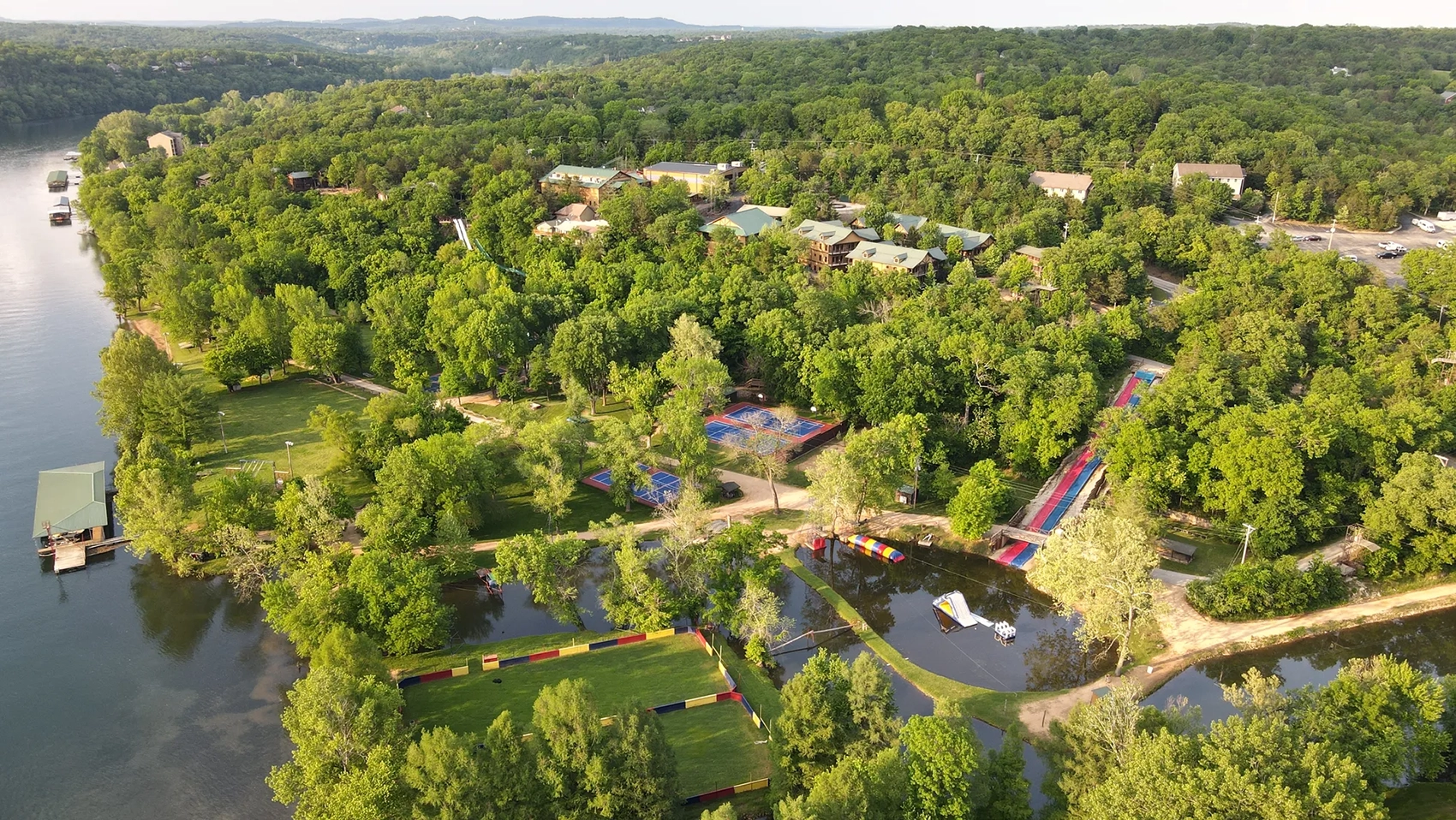
Lies
This is where the lies come in and where Yandell’s developing story begins.
Records clearly show that parents complained to Kanakuk leadership about sexual abuse for years. Angry emails from parents express confusion and disdain for executive staff members who either promised investigations that led nowhere or completely ignored the reports of their child’s abuse.
Almost everyone who did file a lawsuit, however, was pressured into signing a Non-Disclosure Agreement like Logan Yandell, which prohibits public discussion about the case. Ashton Alarcon and his family are the only ones who refused to sign the agreement, and they spoke out about it in a Vice documentary on Kanakuk.
But their refusal did not come without a fight, says Ashton’s father. Showing in the documentary file folders filled with court documents, he told the interviewer: “This is proof. They do go after you. If they did this to us, who knows what they did to other parents?”
The other parents, those like the Yandells who were convinced to sign the NDAs, often did so under legal pressure, and/or under the assumption that their settlement was made with a leadership team that previously was unaware of abuse.
Again, these lies appear to have been deliberately told by Kanakuk staff in attempts to quickly settle and avoid lengthy and public legal battles that would destroy them both financially and reputationally. Although most of these families are afraid to take on Kanakuk, they believe they would not have settled, and never would have signed NDAs, had they known the truth.
Evangelical values: Forgiveness and reconciliation
Today, Kanakuk has a different attitude about sexual violence at camp. Or it seems they do.
On Sunday, April 4, 2021, Kanakuk President Doug Goodwin sent out an email to parents with the subject line “A Message from Kanakuk” discussing the abuse committed by Pete Newman and rejecting any articles that “misrepresent Kanakuk.”
Goodwin said some recent articles are misleading and that any “accusations that Kanakuk — or any of its leadership — knew of the abuse and covered it up are categorically false, misguided and self-serving. At no time was anyone at Kanakuk charged with knowingly allowing abuse or failing to report suspected abuse.”
In the email, he provided a link to the Kanakuk website’s page titled “Our Response to Abuse and Child Safety” in which the company publicly addresses that a staff member (Pete Newman) “was accused and convicted for abusing Kampers” and that Kanakuk is devastated by the actions and practices of the individual. The page tells readers that victims can reach out to Kanakuk directly or go to other independent victim advocacy organizations.
The page also emphasizes that Kanakuk supports victims’ rights to share their stories and will not prevent them from doing so. They note they are aware of “confusion and frustration” surrounding this topic and the company was “wrong in our understanding of the language of many of these agreements,” claiming they did not recognize the restrictions that victims are under because of them.
Finally, the page urges victims to reach out directly to Joe White for conversations regarding abuse that occurred at Kanakuk and provides the link to an open letter to victims he wrote.
In his letter, Goodwin expressed a great deal of grief and sorrow surrounding incidents of sexual violence at Kanakuk Kamps under his leadership. He said, “I wish I would have understood what I was truly dealing with.”
He then apologizes that victims have not been able to speak out about their experiences due to the “extra burden of fear” the restrictions written into their settlements provided. He says he is opposed to legal maneuvers “meant to suppress the voice of victims,” and urges them to speak out (but to keep the terms of their settlements confidential).
He ended the letter by saying, “I humbly plead for an opportunity for personal reconciliation and forgiveness.” This last paragraph includes his email address, an expressed desire to meet in person with victims and his prayers for “healing, restoration, and a reconciled peace that only God can give.”
Two different things may be happening here.
First, as litigation and history have shown, White and his colleagues have known about at least some of the sexual misconduct occurring at Kanakuk Kamps for years but did not seriously reprimand Newman until he was fired in 2009.
Prior to his termination, disciplinary action was focused on ensuring that Newman avoided compromising positions in which “his integrity would be in question.” Despite the sexual misconduct he already engaged in, leaders wanted him to “be involved in a lifetime of ministry.”
“The fundamental evangelical belief that all people have the potential to attain salvation is one of the main reasons why sexual predators seek out religious communities to commit violence.”
The fundamental evangelical belief that all people have the potential to attain salvation is one of the main reasons sexual predators seek out religious communities to commit violence. They know even if they are caught by church leadership, religious leaders are more likely than others to seek forgiveness and reconciliation practices that will promote future involvement in the church, as they believe church life will make them a better person. However, this often backfires since a lack of punishment and restriction allows abusers to continue to have access to their target victims.
This may have been the case at Kanakuk. What began as an evangelical effort to save Newman from his destructive and irreverent behavior quickly snowballed into a disaster.
Now, Joe White and Kanakuk leadership are seeking forgiveness and reconciliation from the victims they failed. They know they messed up and are trying to correct their understanding of evangelical values in a productive and restorative way.
Second, Kanakuk could be hiding behind the evangelical virtues of forgiveness and reconciliation.
The fact is a sexual predator was allowed to work with and be alone with children hundreds of times between 1995 and 2009, even after reports from victims and their parents came flooding into the inboxes and phone messages of Kanakuk leadership staff. The violence that occurred was preventable. Period.
However, now that the public is aware of this violence, Kanakuk needs an excuse. Clearly, Pete Newman is convicted and can be blamed directly for his actions, but what about Joe White, Doug Goodwin, Kris Cooper and other staff who appear to have been aware? They need an explanation for why they did not act against this violence when they had the opportunity.
The radical forgiveness and reconciliation evangelical belief provides is the perfect excuse. If Kanakuk is a truly Christian organization, surely they believed Newman could be saved, and that his ministry had potential despite his “immature” decision-making, because the Christian life can help anyone become a good person.
These values also fit perfectly into Kanakuk’s strategy of making things right with survivors. When survivors are asked to forgive and seek reconciliation with those who supported the ministry of their abuser, it is theologically confusing. Survivors may feel they are bad Christians if they cannot find the strength to forgive and reconcile what has been done to them. And yet, they also may not be ready, and they may have been placed in a legal corner by an NDA.
Hiding behind the values of forgiveness and reconciliation allows Kanakuk leadership staff who are complicit in sexual abuse incidents to maintain public notoriety by seeming sorry and sad while ensuring survivors are right where they want them to be.
But regardless of these explanations, the bottom line is this: The sexual abuse of children never should have been allowed to happen at Kanakuk for so long.
Brandy Alarcon, in the Vice documentary, says she believes Kanakuk is still unsafe for children, despite the company’s statements rejecting abuse and calling for change. She is angry that the same leadership that was responsible for giving Pete Newman access to children to commit acts of sexual violence is still in power today. “That same leadership is still functioning and at large,” she says.
Clearly, the problem is much bigger than Pete Newman, and survivors are not satisfied with emails, websites or emotional apologies from the same people who ignored and lied to them since the 1990s.
Mallory Challis is a senior at Wingate University and serves as BNG’s Clemons Fellow.
Additional coverage of abuse allegations at Kanakuk is available here:

